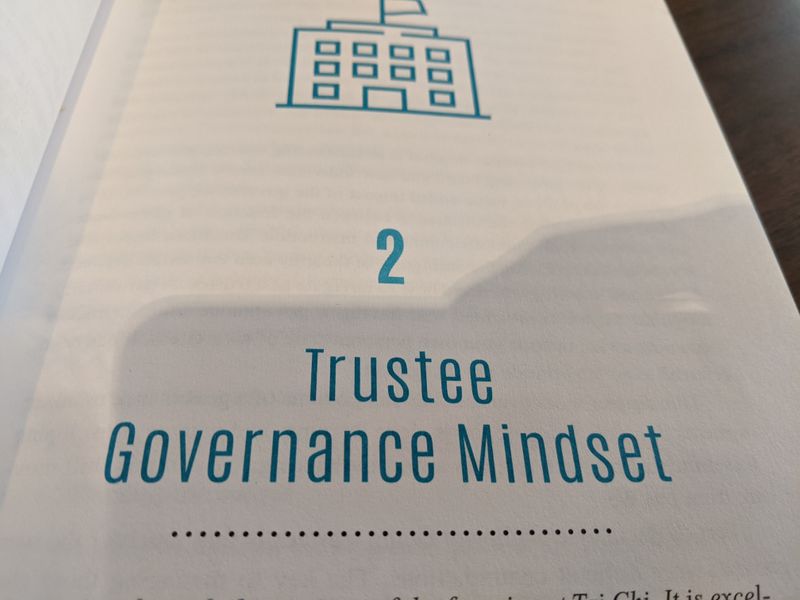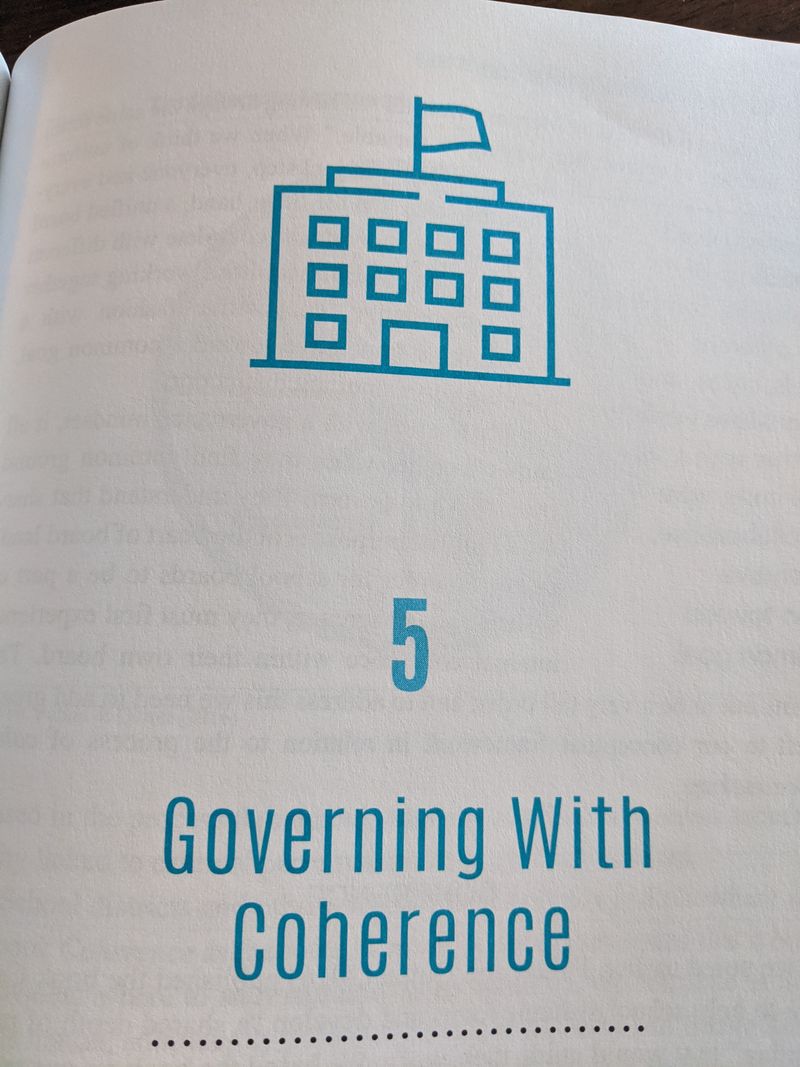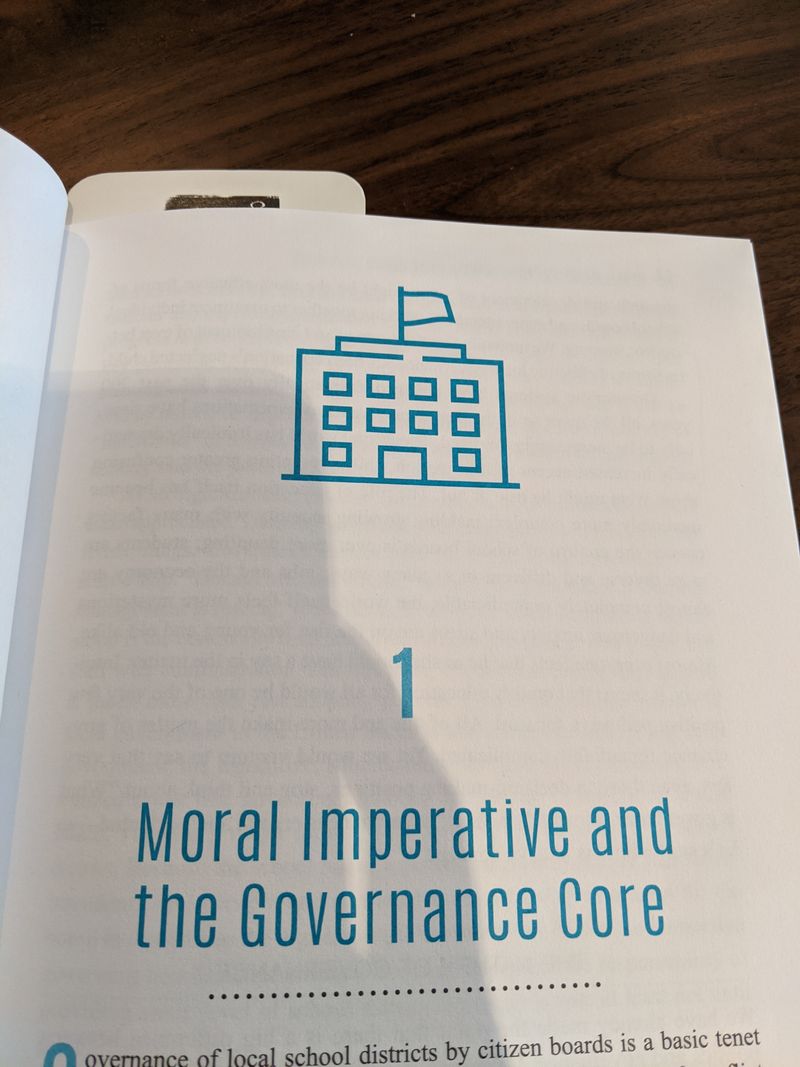I read this a while ago and jotted down some notes that may or may not make sense.
Good governance involves working together toward a common goal. If indivs have diff goals, step back, find common ground before moving forward.
Effectiveness comes from governance thinking (bit of a leap but I suspect he has other books on this; there are a few examples in ch 3 from the super's pov that may illustrate their point)
Systems thinking! The author makes a brief description of what this is, but I find these articles more descriptive and have examples from systems other than education that I find interesting:
- Linear Thinking Versus Systems Thinking
- Tools for Systems Thinkers [https://medium.com/disruptive-design/tools-for-systems-thinkers-the-6-fundamental-concepts-of-systems-thinking-379cdac3dc6a]
Sidebar: systems vs holistic: https://stdaily.ghost.io/systems-thinking-is-not-the-same-as-holistic-thinking/
To be a good systems thinker, stay in the helicopter, don't try to think from the front lines. "If you put a fire hose in the hands of a trustee, they will get out of the helicopter and fight the fire." See the patterns, pay attention to peripheral vision. "Governance is often a zero-sum game."
On strategic focus: strategic thinking is not strategic planning. "Questions of implementation should be limited to scheduled oversight reviews or essential discussions." Greater question is what is "essential," and who determines that? This is a continual struggle with our board -- we can't always tell what should be left up to staff's best discretion (we are not front line experts), when we should pull rank (cuz there are times we should), and when we should let go and let others deal with it even though it's not how we individually would like to see an exact thing get done.
Deep learning: trustees need good data, but also have to be mindful of who/what/when/why/how much. "The reality is that trustees are constantly bombarded with information," both from the district and through informal contact as community members. Also, if we don't trust data from staff, we can't go anywhere, so if there's any mistrust it must be address immediately. This section discusses structured visits to schools to see the internal operations of schools first hand.
Manners: the authors list out some examples and arguments for good behaviour. One note for myself is to review recorded meetings and observe myself and see what comes out. I wish it went deeper to discuss intentions and self-awareness, but this is a good start as any.



